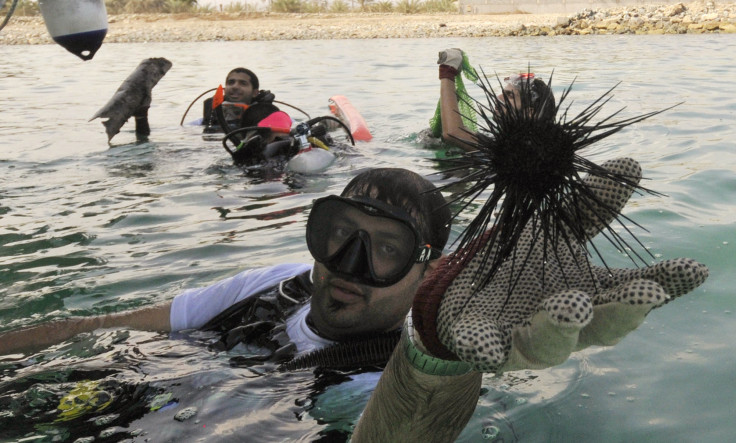Proteins That Cause Anxiety in Humans and Moulting In Insects Share The Same Origin

A team of researchers has claimed that the protein that cause anxiety in human has the same molecular ancestor as that of the protein that causes moulting in insects. The claim was made based on the study findings reported from a missing link found in sea urchin.
According to the researchers at the Queen Mary University of London, sea urchins have a protein that has elements common to both humans and insects. The research revealed that the elements share a common ancestor since hundreds of millions of years ago, reported Health Canal.
During the investigation, led by Professor Maurice Elphick, the researchers tried to study whether a certain neuropeptide in the sea urchin is a connecting link between the neuropeptides in human and those in insects. Neuropeptides are tiny proteins, often only a few amino acids long. These are known to cause activity in the animal cells by binding itself of the receptor proteins present in the brain of the organism.
Although the last common ancestor of the sea urchin, insects and human lived around 600 million years ago, it is nearly impossible to retrieve the fossils or to make out an imaginary picture of what it looked like. However, the researchers believe that it is quite possible to retrieve information about the ancestor by studying the proteins and genes of its descendants.
“The remarkable process of evolution means that molecules that once had the same function can, over hundreds of millions of years, change to control such different processes as anxiety in humans and moulting in insects,” claimed Dean Semmens, the first author of the research paper, reported redOrbit.com.
“Despite their alien looking shape sea urchins are comparatively close relatives of humans, certainly much closer than insects. For this reason, as with this discovery, they can help us determine the evolutionary history and origins of important molecules in our brain,” he continued.
To report a problem or to leave a feedback on the article, send an e-mail to emailtoguneet@gmail.com.






